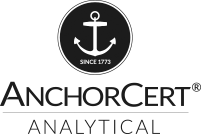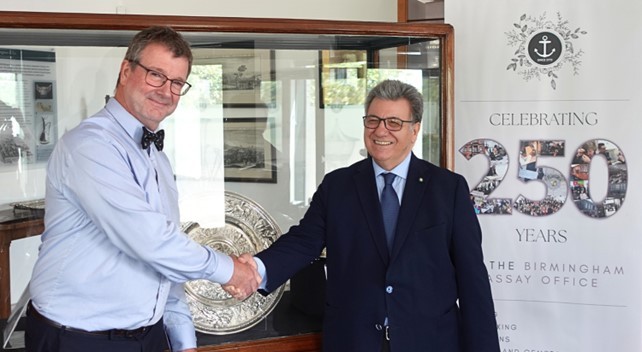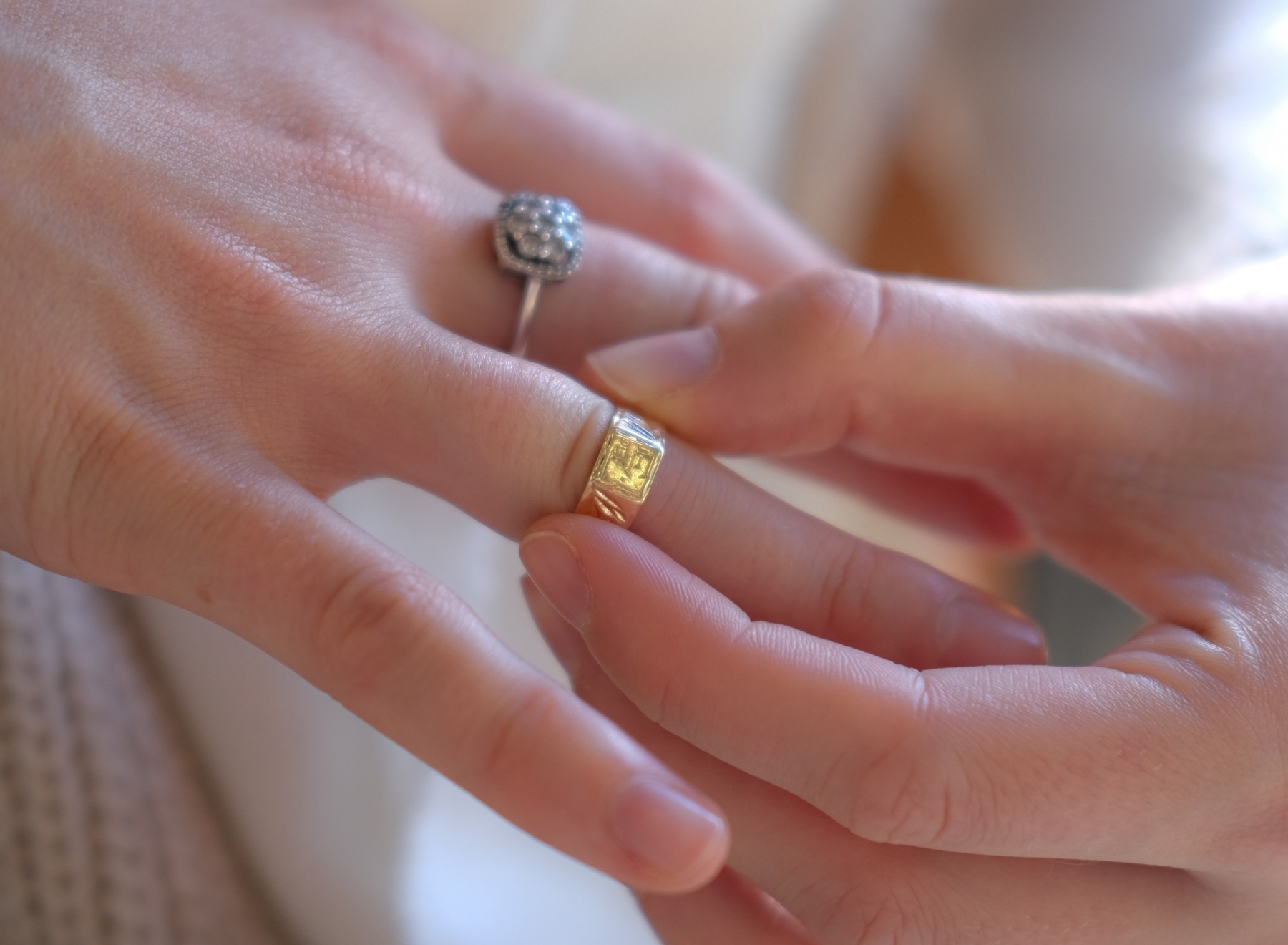Recently in the news, there have been some high profile cases where jewellers have received heavy fines for not legitimately ensuring that all jewellery items are hallmarked by an Assay Office.
Assay Office Birmingham would therefore like to take the opportunity to remind all jewellers and traders working in the precious metals industry about the importance of registering for hallmarking, obtaining a sponsor's mark and complying with the law.
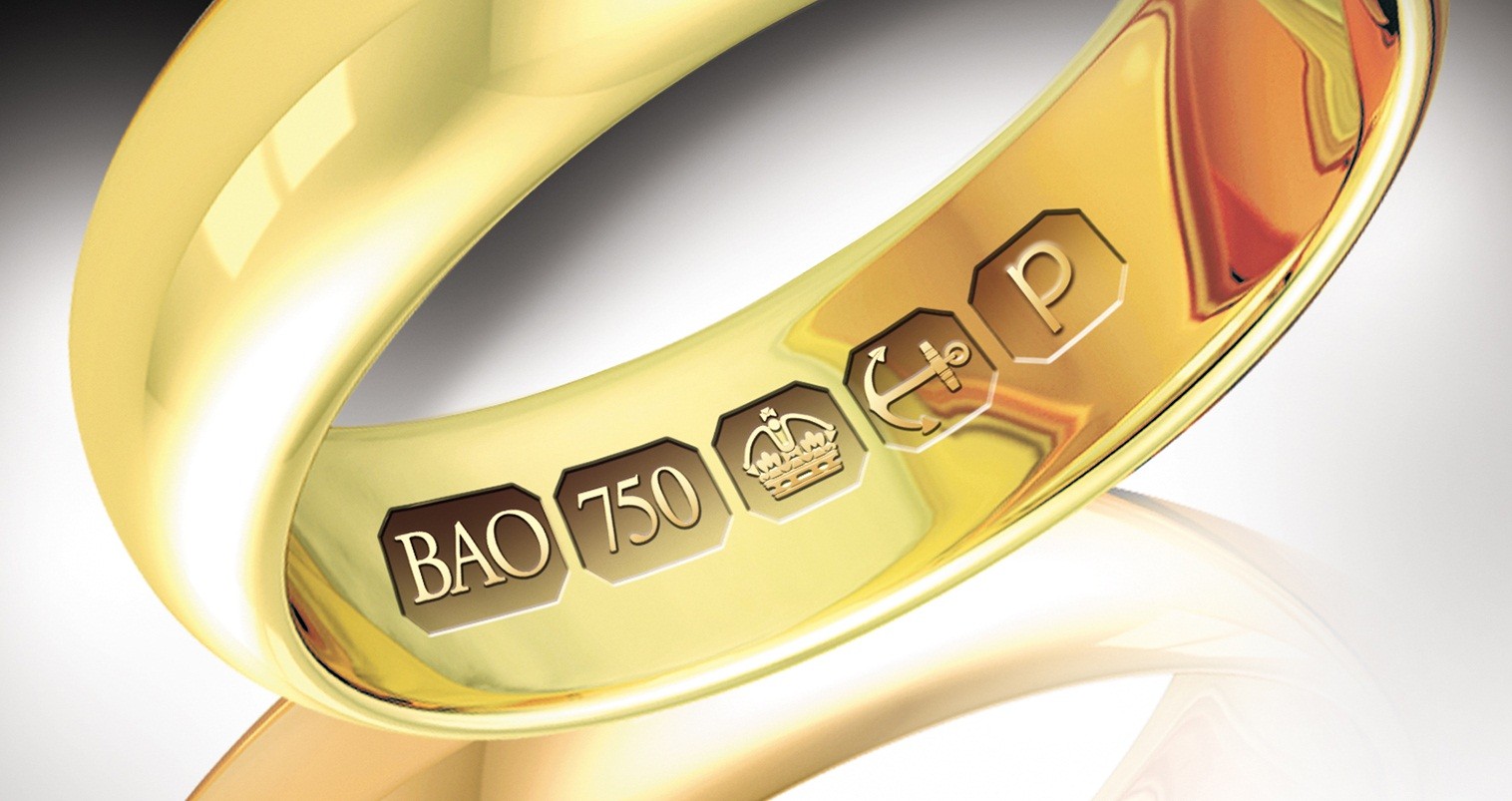
The power of Trading Standards officers
Under the Hallmarking Act officers have wide powers of enforcement. Trading Standards have the power to:
- Make test purchases
- Enter premises at reasonable times to inspect goods
- Ask for books or documents to be produced relating to the business and take them away, if necessary
- And seize goods which might be needed as evidence
It is an offence to:
- Use innaccurate equipment for trade
- Use unstamped equipment for trade and
- Forge, alter or remove an inspector's stamp.
Here are some important facts about the Hallmarking Act
The Hallmarking Act 1973 provides details on the law covering hallmarking, assaying and describing articles made of, or containing precious metals (gold, silver, platinum and palladium). The act defines the marks that are stamped on an item when it has passed the Assay Office tests.
- It is an offence under the Hallmarking Act to describe articles as being made totally or partly of gold, silver, platinum or palladium, supply or offer to supply an article that is made of gold, silver, platinum or palladium which have not been hallmarked
- Articles do not have to be hallmarked if they weigh less than 1 gram for gold, 0.5 grams for platinum and palladium and 7.78 grams for silver. Articles are only exempt on weight as long as they are of the standard declared
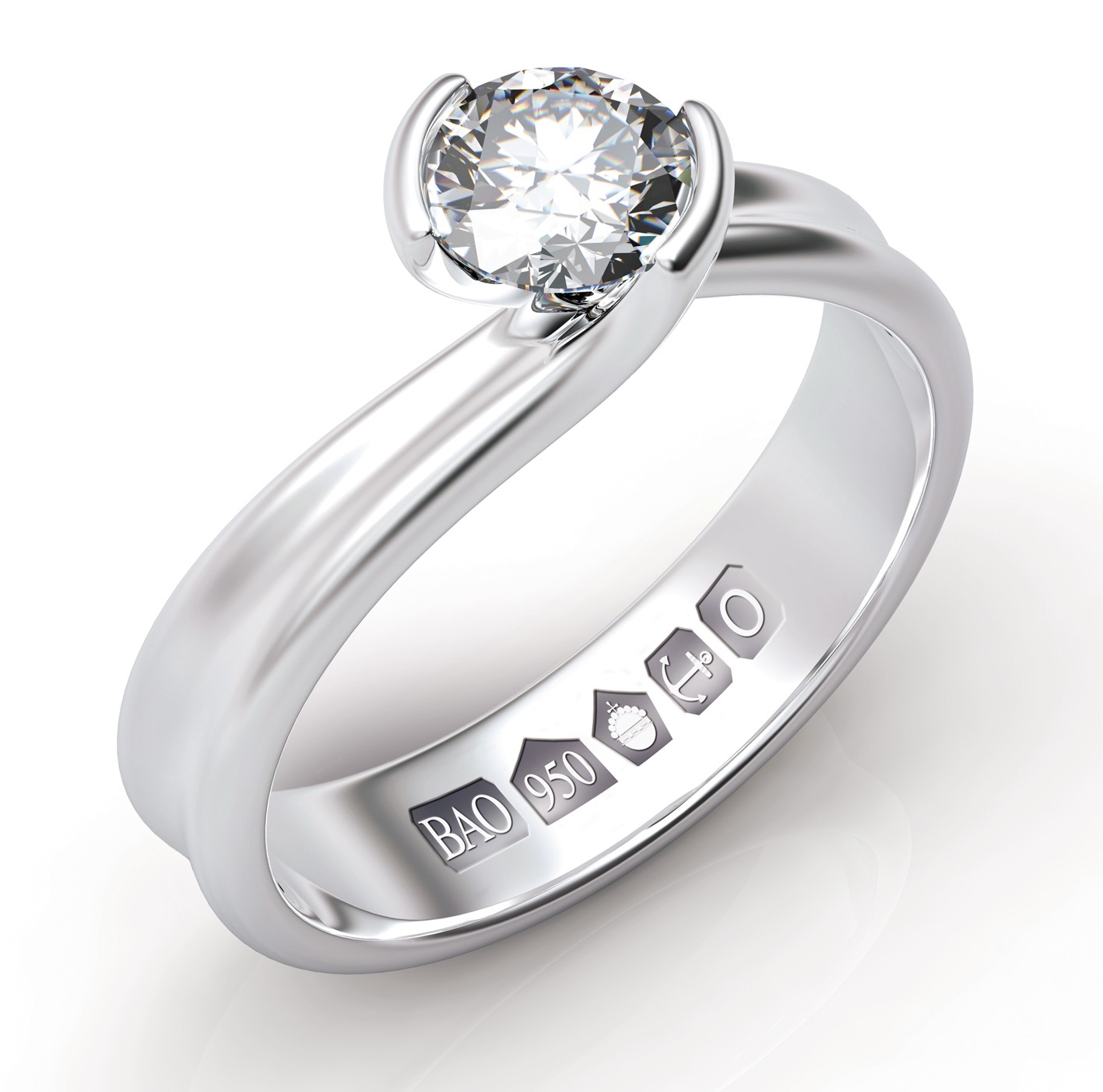
- You can describe articles as plated as long as this is an accurate description according to the quality of the precious metal plating used. Rolled gold is also allowed as long as this is an accurate description and not used for gold-plated goods
- Because of the importance of hallmarks to customers, the act creates offences if articles with hallmarks on have unauthorised additions, alterations or repairs to them. Any person removing, altering or defacing a hallmark, unless they have the written permission of an Assay Office is also committing an offence.
To find out more about the Hallmarking Act, please follow the link below:
http://theassayoffice.co.uk/legislation/current-legislation
Dealer Notices
All dealers must clearly exhibit the latest British Hallmarking Council notice which sets out all the new hallmarks that can be stamped on precious metals.
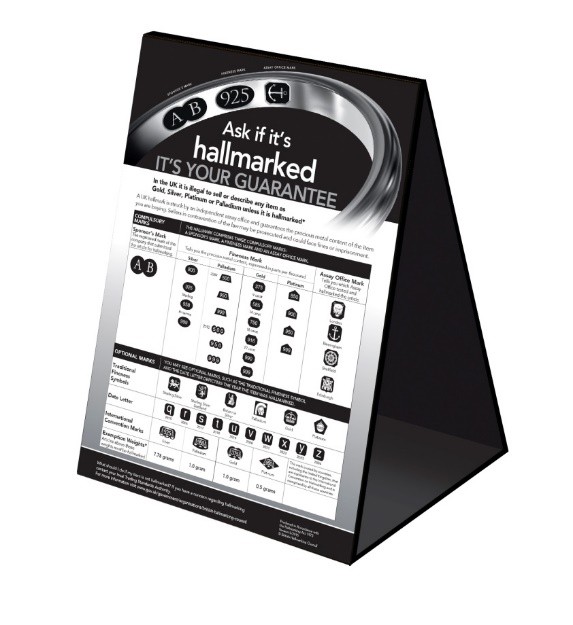
The cost for purchasing ONE Dealers Notice is £10.00 pounds plus postage and packaging.
Dealers Notices can be collected from either our Customer Service counter or can be purchased online.
To order your copy today, please visit www.theassayoffice.co.uk/legislation/dealers-notices
Sponsor's Marks
Before you submit an article to be stamped by the Assay Office with the approved hallmarks, it must be stamped with a sponsor's mark. Alternatively, you can make arrangements with the Assay Office for them to stamp on a sponsor's mark before they stamp the approved hallmarks.
The sponsor's mark shows who made the item or paid for it to be made and the mark must be registered with an Assay Office before it can be used.

It is a legal requirement that all registrations have at least one physical punch. This will be made within two weeks of your sponsor mark being approved and your registration will be complete. The cost of a punch is £70 for two initials or £80 for three initials. Trade marks and variations from the standard shapes are also available and will attract an additional charge.
Changes to Marks
- The regulations introduce two new gold standards of 990 and 999 parts of gold per thousand of metal
- For silver, two new standards of 800 and 999 parts of silver per thousand of metal are introduced
- For platinum, three new standards of 850, 900 and 999 parts of platinum per thousand of metal are introduced
- You no longer need the date letter, which was previously compulsory for all articles other than those of small weight. However you can stamp it on if you wish
- Standards of fineness must now be expressed in parts per thousand. However, manufacturers can continue to ask for traditional marks such as the lion, crown or orb to be stamped alongside the parts per thousand mark
- The marks which were previously used to distinguish British goods from imports no longer exist. All marks are now the same no matter where the goods are from
- The date at which an article is considered to be an antique and so exempt from hallmarking has changed from 1900 to 1920.
If you have any further questions relating to our registration process, please contact us today on Tel: 0121 262 1029 or e-mail registration@theassayoffice.co.uk.
DON'T BE CAUGHT OUT - ASSAY OFFICE BIRMINGHAM IS HERE TO HELP
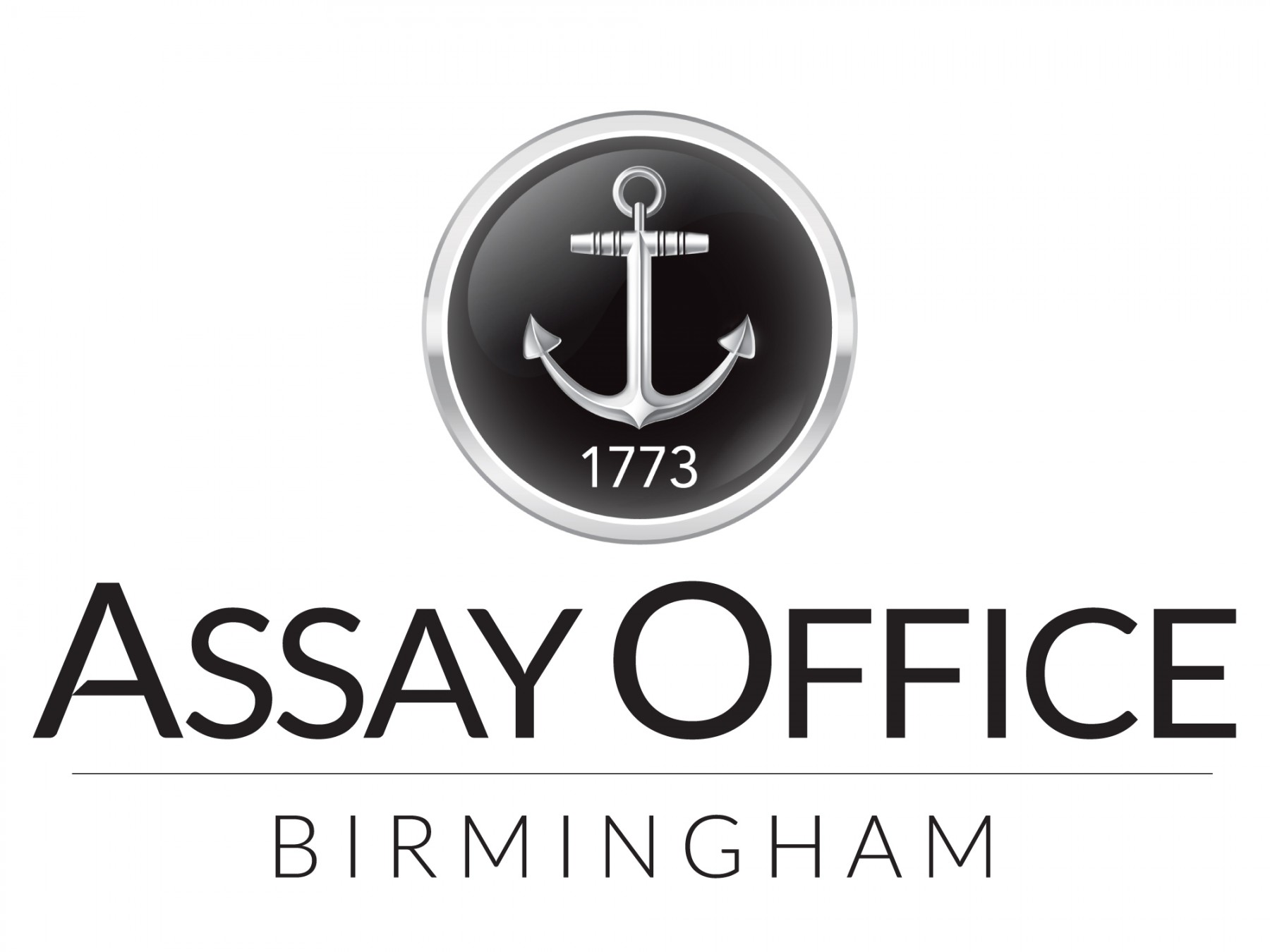
Your item has been added to the basket
You need to create an account, or login before you can add this item to your basket.
